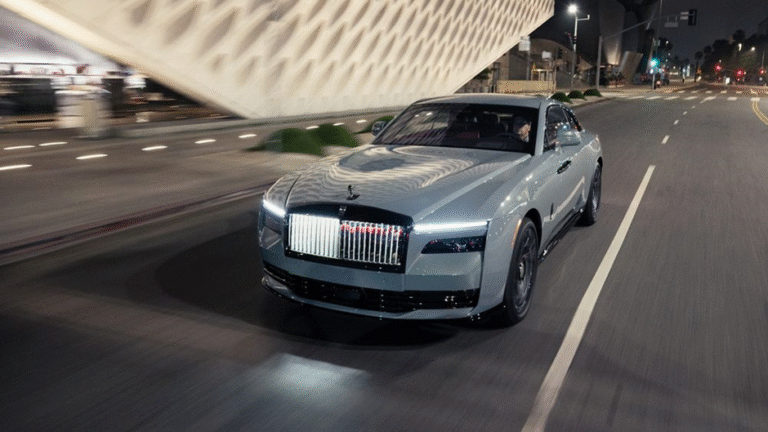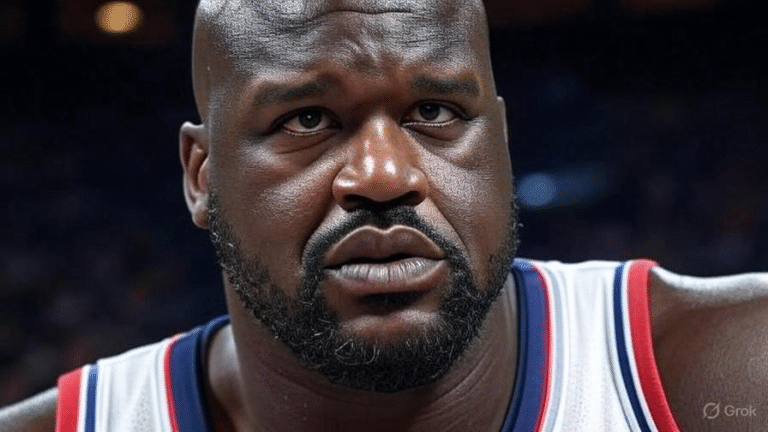On June 14, coordinated protests are set to erupt in 1,800 towns and cities across the U.S.—the same day President Donald Trump will lead a military parade in Washington. For years, the Republican Party has wrapped itself in symbols of American patriotism, especially the flag. But now, those gathering in opposition to Trump’s vision say they’re reclaiming what it truly means to love this country.

“We’re not letting Trump and MAGA claim exclusive rights to patriotism,” said Ezra Levin, co-founder of Indivisible and one of the lead organizers. “If anything, peacefully showing up to demand a better country—that’s real patriotism.”
Branded as No Kings Day, the protests are being billed as a powerful counterpoint to what organizers see as Trump’s ongoing authoritarian tilt. These rallies are expected to be the largest since the start of Trump’s second term, far surpassing April’s Hands Off demonstrations that drew nearly a million people nationwide.
Levin emphasized the symbolism. “Putting American flags at the forefront is no accident,” he said. “It’s a direct response to Trump’s un-American behavior—from attacking democratic institutions to staging military pageantry.”
The timing of No Kings Day is also symbolic. It lands on Flag Day, Trump’s 79th birthday, and the 250th anniversary of the U.S. Army. Protesters believe this convergence offers a historic opportunity to reflect on the country’s founding values and stand against the centralization of power.
“Two hundred and fifty years ago, we fought a king,” Levin said. “Now, Americans must come together and declare: No, this is not the path we signed up for. Democracy doesn’t work when one man consolidates power and tramples its foundations.”
Despite Trump’s warnings to protesters—including a veiled threat of “very big force” against demonstrators in D.C.—No Kings Day will not include a major protest in the capital. Organizers made a strategic decision to avoid giving the impression they were directly targeting veterans or provoking confrontation.
“We didn’t want to give Trump the narrative that we’re anti-military,” Levin explained. “We’re making this about the people and the democratic values he’s undermining—not about countering his parade.”
Instead, the centerpiece of the nationwide action will take place in Philadelphia, where the Declaration of Independence was signed. More than a dozen national and grassroots organizations have coalesced to support the movement—including Indivisible, MoveOn, Human Rights Campaign, Public Citizen, Working Families Power, and several unions. Many new local groups that formed after the last election are also on the ground organizing.
Organizing has been largely decentralized. National groups provided the tools and training, but the planning was entrusted to everyday citizens. “This isn’t just a blue state issue,” said Levin. “It’s not even about electoral politics. It’s about democracy—and reminding elected officials that power belongs to the people.”
American flag imagery will feature prominently in the demonstrations, according to Jacob Thomas, a U.S. Air Force veteran and spokesperson for Common Defense. His group, one of several veteran-led organizations participating, believes reclaiming patriotic symbols is essential.
“For some, the flag has been hijacked by extremists. But we’re reclaiming it,” Thomas said. “Patriotism means standing up for your neighbors, your community, and your country’s values—not blindly following power.”
Thomas emphasized the vital role veterans will play in the protests. He referenced the recent deployment of the National Guard and 700 Marines to suppress immigration protests in Los Angeles—against the wishes of Governor Gavin Newsom—as a betrayal of the Constitution and democratic principles.
In Minneapolis/St. Paul, veterans will lead the march, carrying flags representing their branches of service. Thomas said the moment calls for visibility and action. “This is what loving your country looks like—showing up, speaking out, and pushing it to be better.”
Veterans are being encouraged to wear uniforms, patches, or medals to identify themselves in the crowd. Many, Thomas noted, are attending their first protest ever. “We want people to know—we’re not just in the background. We’re here, and we’re pushing back against the harm this administration is causing.”
Their frustration isn’t just ideological. Many are angry that Trump is pouring over $100 million into a military parade while simultaneously cutting staff at the Department of Veterans Affairs. There’s fear these cuts will directly affect benefits and care promised to those who served.
Common Defense and its allies are determined to challenge the notion that all veterans stand behind this administration. “We took an oath to serve this country,” Thomas said. “That means standing up when it’s in danger—especially from would-be kings.”



